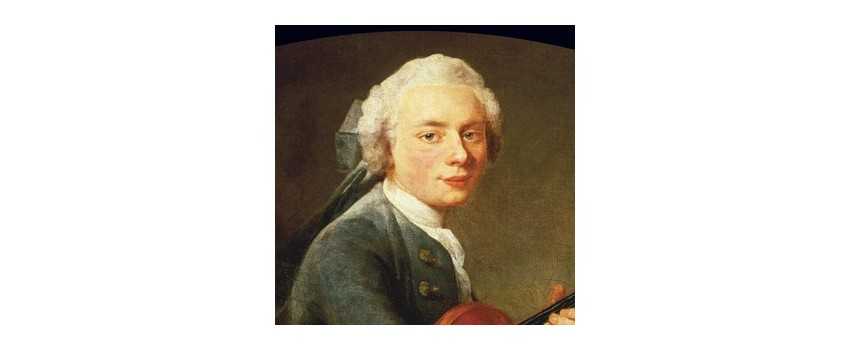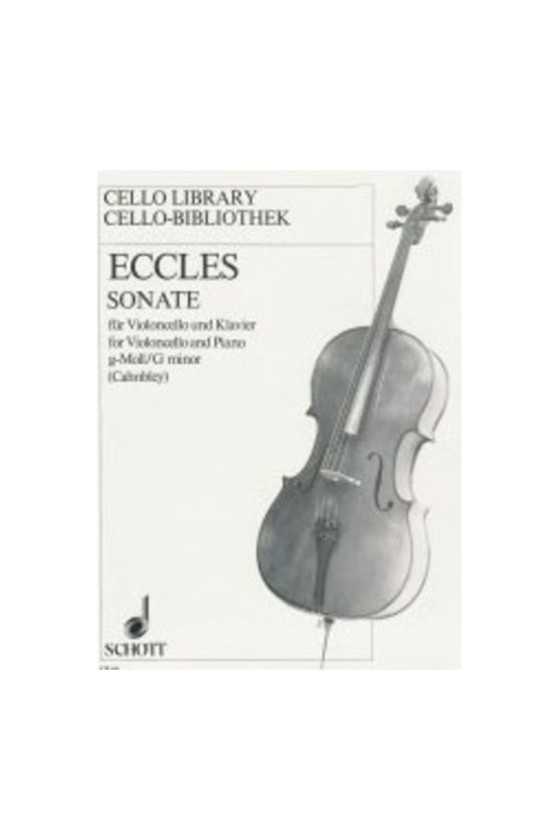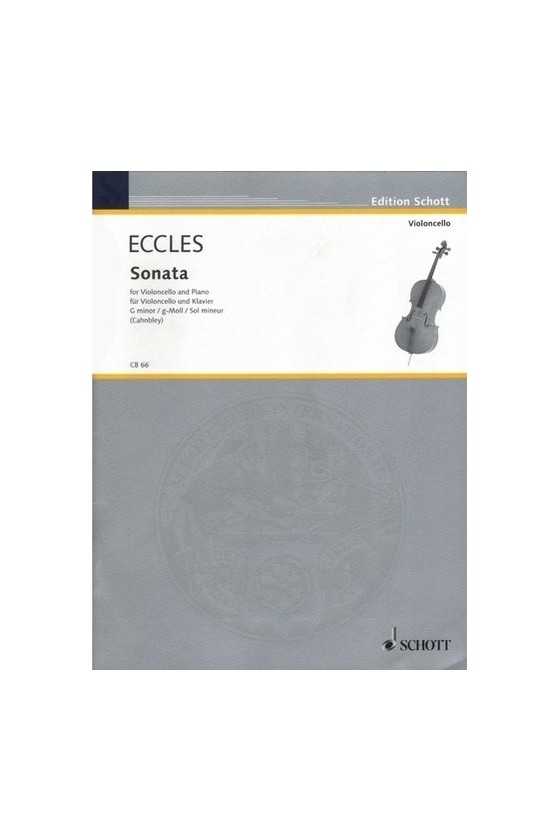Eccles, Henry
As the world of music evolves and changes, it is important to remember the great musicians who have paved the way for the artists of today. One such musician is Henry Eccles, a British composer and violinist who lived during the Baroque period. Eccles' legacy has endured through the centuries, with his music still performed and celebrated around the world. From his early works to his more complex compositions, Eccles' music is known for its intricate melodies and masterful use of harmony. In this article, we'll explore the life and music of Henry Eccles, from his humble beginnings in England to his rise to fame as a renowned composer and performer. Join us as we journey through the timeless legacy of one of the greats in the world of classical music.
The Baroque era and Eccles' contribution
The Baroque era, which spanned from the 1600s to the early 1700s, was a time of great change and innovation in the world of music. It was during this period that many of the foundations of modern classical music were established, including the use of counterpoint, the development of the keyboard, and the rise of opera. One of the most important figures of this era was Henry Eccles, who was born in England in the late 17th century.
Eccles' contribution to the Baroque era was significant, particularly in the world of string music. He was a virtuoso performer on the violin and composed a number of works for the instrument, including sonatas and concertos. Eccles was also known for his use of intricate melodies and complex harmonies, which set him apart from many of his contemporaries. His music was highly influential and helped to shape the course of classical music for generations to come.
Despite his many achievements, Eccles was not without his critics. Some felt that his music was too complex and difficult to perform, while others criticized his use of dissonance and unconventional harmonies. However, his contributions to the Baroque era cannot be denied, and his legacy continues to live on today.
Eccles' musical style and influences
Eccles' musical style was heavily influenced by the Baroque era, particularly the works of Italian composers such as Arcangelo Corelli and Antonio Vivaldi. However, he also incorporated elements of French and English music into his compositions, creating a unique sound that was all his own.
One of the defining characteristics of Eccles' music was his use of intricate melodies and complex harmonies. He was known for his skillful use of counterpoint, which allowed him to create intricate textures and rich harmonies. Eccles' music was also marked by its emotional depth and expressiveness, which was a departure from the more formal and restrained style of many Baroque composers.
Eccles' music was also heavily influenced by his experiences as a performer. As a virtuoso violinist, he was intimately familiar with the capabilities of his instrument and was able to create works that showcased its technical and expressive range. His music was often written in a virtuosic style, with fast runs, trills, and other technical flourishes that pushed the limits of what was possible on the violin.
Popular works by Eccles
One of Eccles' most well-known works is his Sonata in G minor for viola and piano, which is still performed and recorded today. The piece is a prime example of Eccles' use of complex harmonies and intricate melodies, and its emotional depth and expressiveness have made it a favorite of many performers and audiences.
Another popular work by Eccles is his Sonata in A minor for violin and piano. This piece is notable for its use of virtuosic violin passages and its intricate interplay between the violin and piano. It is a challenging work to perform, but its technical demands are offset by its beauty and expressiveness.
Eccles also wrote a number of concertos for the violin, including his Concerto in G minor. This piece is known for its dramatic opening and its use of complex harmonies and virtuosic passages. It is still performed and recorded today, and is considered one of Eccles' most important works.
Conclusion
Henry Eccles' legacy as a composer and performer has endured through the centuries, and his music continues to be celebrated and performed around the world. His contributions to the Baroque era were significant, particularly in the world of string music, and his use of intricate melodies and complex harmonies set him apart from many of his contemporaries.
Eccles' music was heavily influenced by the Baroque era, particularly the works of Italian composers, but he also incorporated elements of French and English music into his compositions. His music was marked by its emotional depth and expressiveness, and his skillful use of counterpoint allowed him to create rich textures and complex harmonies.
Some of Eccles' most popular works include his Sonata in G minor for viola and piano, his Sonata in A minor for violin and piano, and his Concerto in G minor for the violin. These pieces showcase Eccles' virtuosity as a performer and his skill as a composer, and are still performed and recorded today.
Overall, Henry Eccles' life and music serve as a testament to the enduring power of classical music and the importance of honoring the great musicians who have come before us. His legacy will continue to inspire generations of musicians and music lovers for years to come.

Eccles, Sonata In G Minor For Cello And Piano (Schott)
Eccles, Sonata in G minor for Cello and Piano (Schott)


